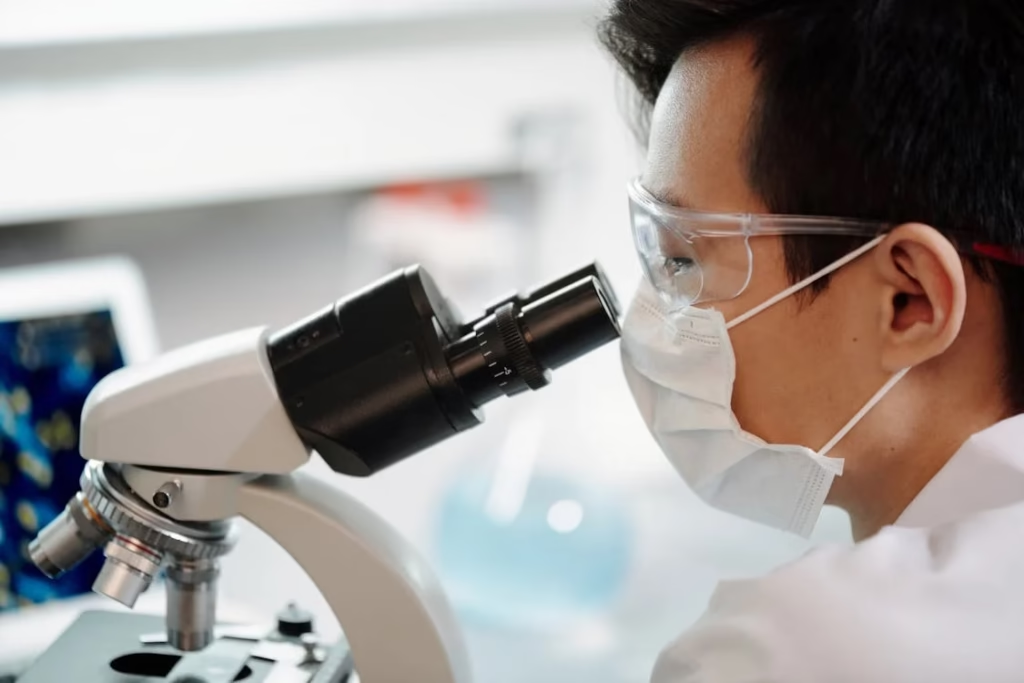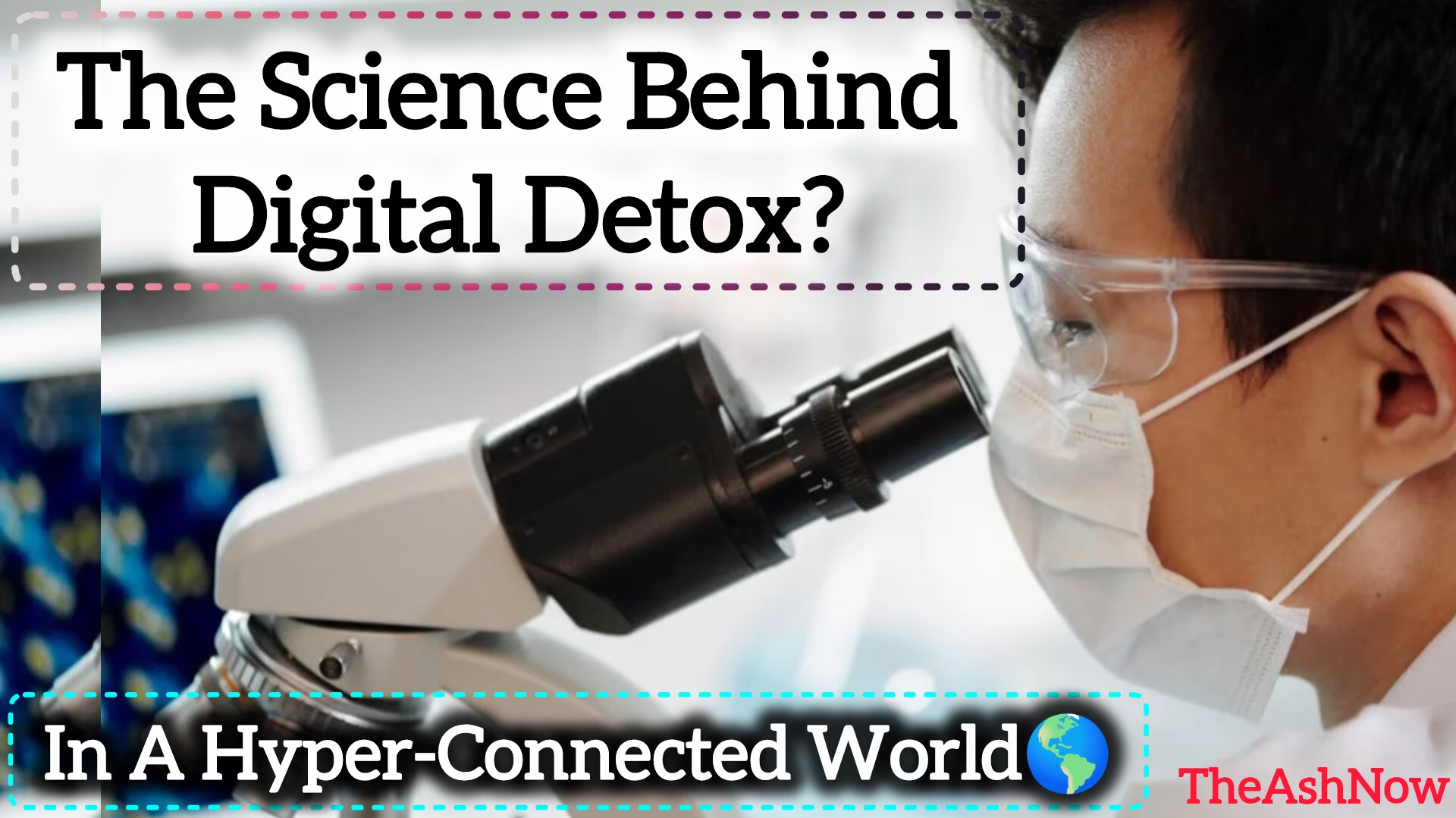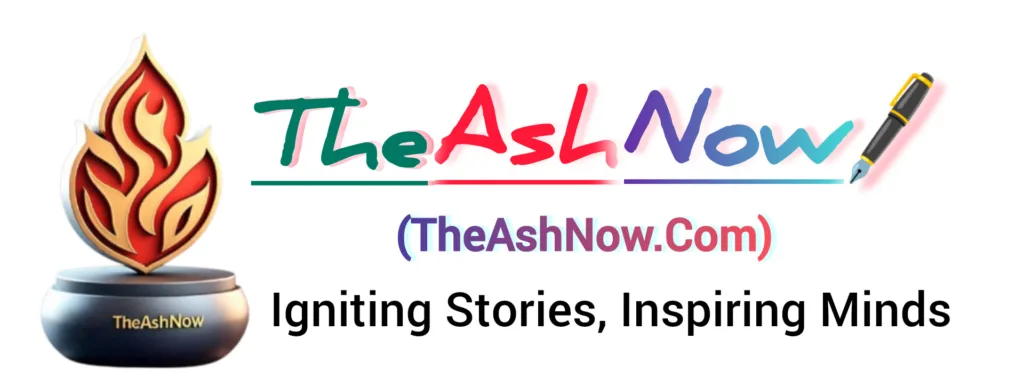The science behind digital detox: recovery balance in a hyper-connected world
The science behind digital detox? In today’s hyper-connected world, where smartphones, laptops, and social media dominate our waking hours, a digital detox is more relevant than ever. While technology provides countless benefits, excessive use can lead to mental fatigue, physical stress, and emotional crises. Understanding the science behind Detox can help us appreciate its needs and use strategies for healthy digital habits.

Effect of technology on our brain
Excessive screen time rebuilds the brain in ways that can adversely affect focus, memory, and general cognitive function. This way:
- Dopamine overload:
Each notice, e.g. Or message triggers a dopamine liberation “Feel-Good” chemical. Over time, this continuous stimulation can lead to addiction, making it difficult to resist our devices.
- Low meditation period:
Studies show that our ability to focus on digital involvement for a long time diminishes. The continuous alternation between apps and features trains the brain for distraction rather than deep concentration.
- Sleepy sleep:
The blue light from the screen presses melatonin, a hormones responsible for sleep. This disorder destroys sleep quality, affecting memory consolidation and emotional regulation.

Physical results of digital overdose
Beyond the brain, excessive screen time takes a toll on the body.
- Digital island stem:
Staring at the screen for a long time can cause dry eyes, blurry vision, and headaches. This condition, computer vision syndrome, is becoming increasingly common.
- Postural problems:
“Technical neck” phenomena – promoted by looking at equipment – for neck and shoulder pain, sometimes progress in older problems.
- Motivated lifestyle:
Increasing screen time is often correlated with low physical activity and contributes to weight gain, cardiovascular problems, and metabolic disorders.

Psychological and emotional influence
- Anxiety and stress:
Fear of disappearance (FOMO) and the constant risk of a life cured on social media can promote feelings of anxiety, stress, and insufficiency.
- Addiction:
The dependence on behavior for digital devices reflects the dependence on drugs as they differ from the screen with symptoms of irritability, restlessness, and even depression.
- Real connections Low:
More dependence on digital communication often weakens face-to-face conditions and causes feelings of isolation and loneliness.

The benefits of a digital detox
Taking a break from the screen is not just a trendy wellness practice; It is supported by science. What do you achieve here:
- Better focus and productivity:
Going away from the screen makes the brain reset, focus, and decision-making ability.
- Better quality of sleep:
Reducing screen time, especially before bedtime, restores natural sleep cycles, and improves general health and mood.
- Increase in emotional good:
Dislocation helps to reduce stress, anxiety, and depression and promotes the appearance and spirit of mindfulness.
- Strong conditions:
Without deviating from digitality, the interaction with dear becomes more meaningful and complete.

Strategies for an effective digital detox
Getting out of digital detox does not fully constitute the technology. It’s all about creating boundaries and balance. This way:
Set boundaries:
Install a “screen-free” zone in your home, such as dining tables and bedrooms.
Use apps to limit your time spent on specific platforms.
Schedule Shut-off:
Dedicates specific hours to daily digital detox, such as during meals or an hour before bedtime.
Think of detox all day this weekend.
Fasten offline activities: Rediscover hobbies such as reading, gardening, or painting to refill the back of the screen.
Practice Mindy Fullness: Include mindfulness techniques such as meditation or yoga to fight your devices.
Communicate your plan: Inform friends and colleagues about your detox to determine expectations and avoid misunderstandings.
Embrace a balanced digital lifestyle.e
Although technology is an integral part of modern life, it is important to identify when it does more harm than the best. A digital detox is not about rejecting technology, but the effect of the impact must be improved. By understanding the science behind digital detox and applying practical strategies, you can have a healthy, more balanced relationship with technology spaces of your mental, physical,l and emotional welfare.
Remember that your brain and body will thank you for taking a break.

FAQs
1. What is a digital detox, and why is it important?
A digital detox involves conscious breaks from electronic devices to reduce stress, improve focus, and connect with the physical world. This technology is necessary to reduce the side effects of excessive use, such as mental fatigue and impaired sleep. “Science behind digital detox”
2. How does screen time affect mental health?
Excessive screen time can lead to anxiety, depression,n, and stress due to factors such as information fees, social comparison, and reduction of real-life interaction. A detox helps to reduce these problems.
3. Can a digital detox improve productivity?
Yes, getting away from the screen improves focus and creativity. Without constant information and distractions, the brain can focus better on functions and determine more efficiently.
4. How long will the digital detox last?
The duration depends on individual needs. 1-2 hours daily breaks, full-day detox on weekends, or week-long retreat, can all be effective based on your goals and lifestyle. “Science behind digital detox”
5. What are the physical benefits of digital detox?
A detox can reduce eye stress, improve asana, and encourage physical activity Limiting the screen time, allows your body to move more and get from sedentary habits associated with technology use.
Related Content





